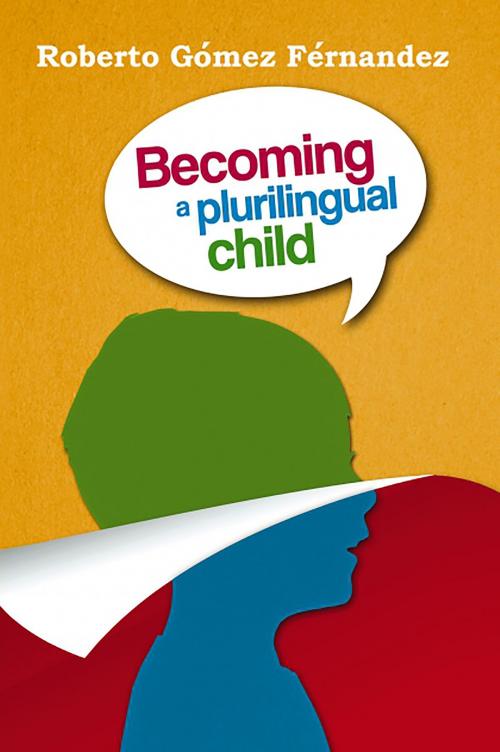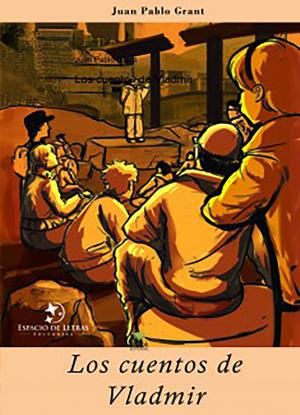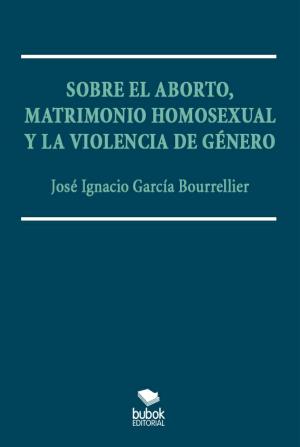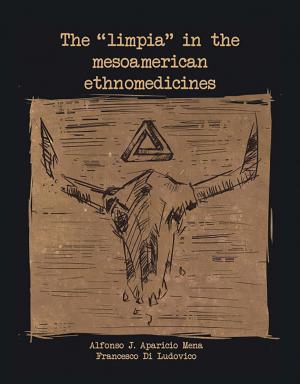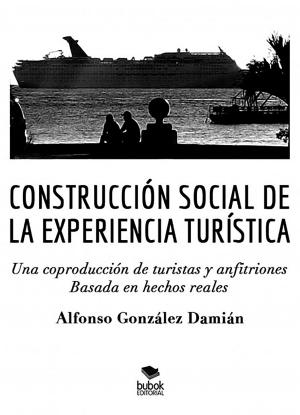| Author: | Roberto Gómez Fernández | ISBN: | 9788468655567 |
| Publisher: | Editorial Bubok Publishing | Publication: | February 12, 2018 |
| Imprint: | Language: | English |
| Author: | Roberto Gómez Fernández |
| ISBN: | 9788468655567 |
| Publisher: | Editorial Bubok Publishing |
| Publication: | February 12, 2018 |
| Imprint: | |
| Language: | English |
The present research aims at illustrating the newcomer's process of becoming an 'emergent plurilingual' member of a heterogeneous and multilingual primary school classroom in Luxembourg. It is a 8 month case study about a child belonging to one of the ethnic and linguistic communities most affected by school failure in Luxembourg, namely 'Romanophones' or romance-language speaking students. The country of Luxembourg has three official languages and a great diversity, both factors demanding a unique educational system. The Luxembourgish educational system is then confronted with the common practice of trilingualism and a high proportion of foreigners in its classrooms. A detailed analysis of the actors in contact with this child, including the different teachers, parents, and peers, allows for an observation of which practices are legitimated and which ones are marginalized. It also provides valuable insights on how such practices emerge and how the newcomer's identity evolves within the class group.
The present research aims at illustrating the newcomer's process of becoming an 'emergent plurilingual' member of a heterogeneous and multilingual primary school classroom in Luxembourg. It is a 8 month case study about a child belonging to one of the ethnic and linguistic communities most affected by school failure in Luxembourg, namely 'Romanophones' or romance-language speaking students. The country of Luxembourg has three official languages and a great diversity, both factors demanding a unique educational system. The Luxembourgish educational system is then confronted with the common practice of trilingualism and a high proportion of foreigners in its classrooms. A detailed analysis of the actors in contact with this child, including the different teachers, parents, and peers, allows for an observation of which practices are legitimated and which ones are marginalized. It also provides valuable insights on how such practices emerge and how the newcomer's identity evolves within the class group.
